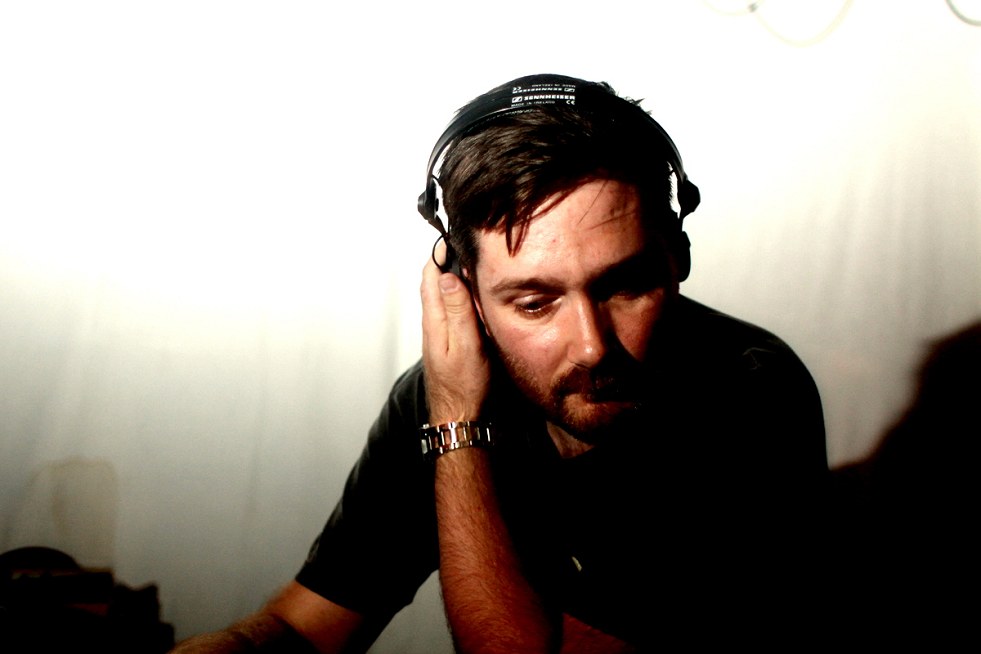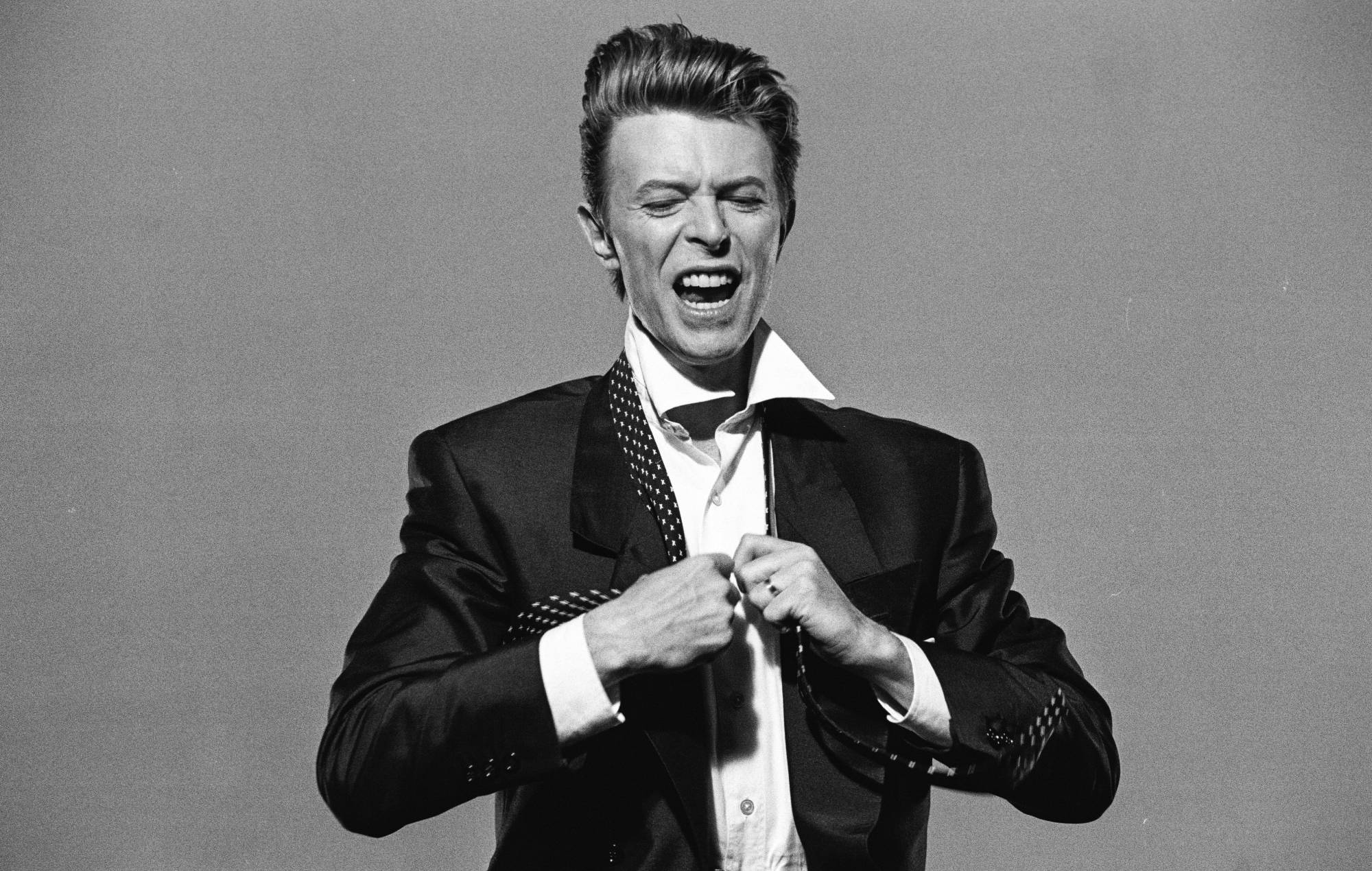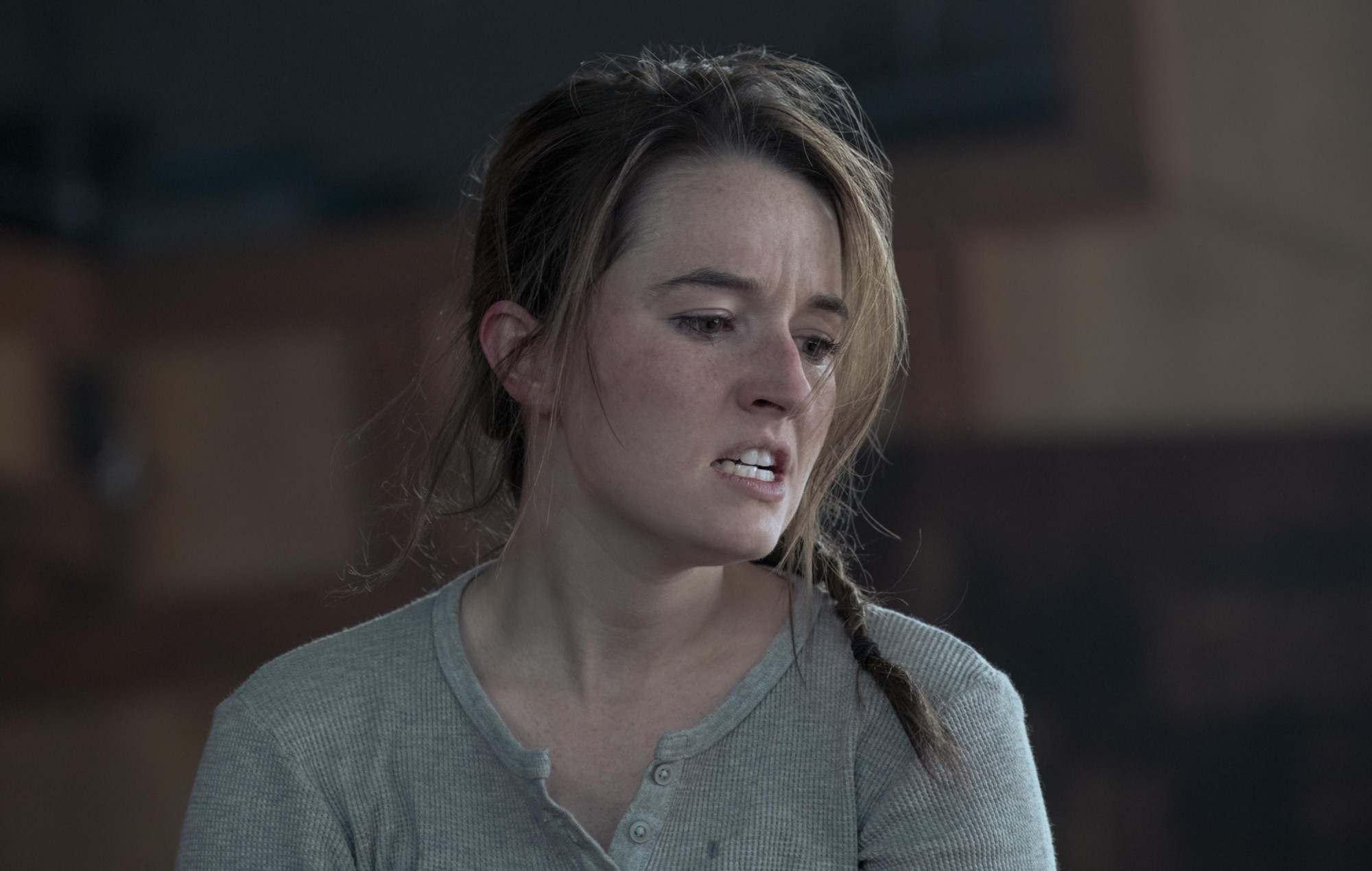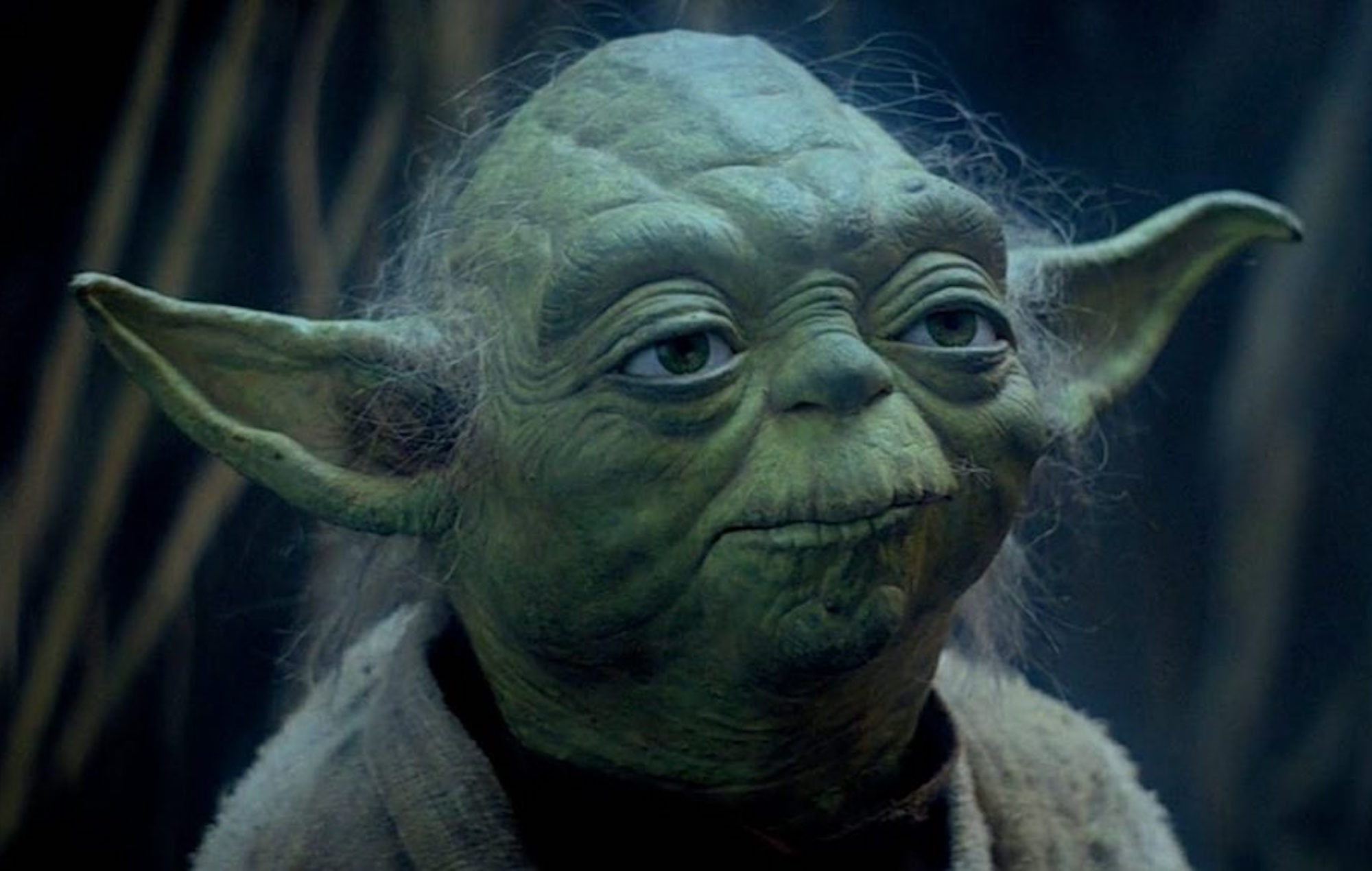Northern Ireland’s clubbing scene has quietly been of one of Europe’s most dedicated and prolific of the past two decades. As some of the scene’s key players discussed in our recent feature on why it’s one of the best places in the world to party, there is a unique energy, unity and DIY spirit in this community that has seen it catapulted it from being a bastion of the underground to an internationally celebrated hub of incomparable parties.
Few DJs/producers have been as crucial to that evolution as Timmy Stewart. The longstanding resident DJ at Belfast’s The Night Institute and producer under pseudonyms T-Bone and Black Bones as well as his own name has been embedded in the scene since the ‘90s. Having played one of his very first gigs in 1994, aged 19, in front of thousands of attendees in Kelly’s nightclub Portrush supporting none other than one Carl Cox, to say Stewart was thrown right in at the deep end would be something of an understatement. From there, he went on to land a residency at David Holmes and Iain McCready’s influential Art College nights and ran unmissable afterparties above a taxi depot. Since, things have barely slowed once for the DJ, so ahead of his appearance at Belfast’s AVA Festival and Conference on 1st and 2nd June, we thought it as good a time as any to catch up with him…
“That whole period was a very influential time for a bunch of us,” he tells DJ Mag of the early days of Art College’s parties. “That includes Phil Kieran, Nez (Computer Controlled), Brian Morrison (Brian Not Brian), Gary Irwin (The Vendetta Suite) myself and more. The attention to detail at those parties was incredible, that sound system is still one of the best I’ve played on to this day.
“The nights were proper experiences; sonically, visually and the layout of the Conor Hall, balcony and a joining rooms lent itself amazingly well to the atmosphere. The artwork doesn’t even look that basic considering how long ago the nights took place, which is testament to just how ahead of the curve the group of individuals behind those parties were.”
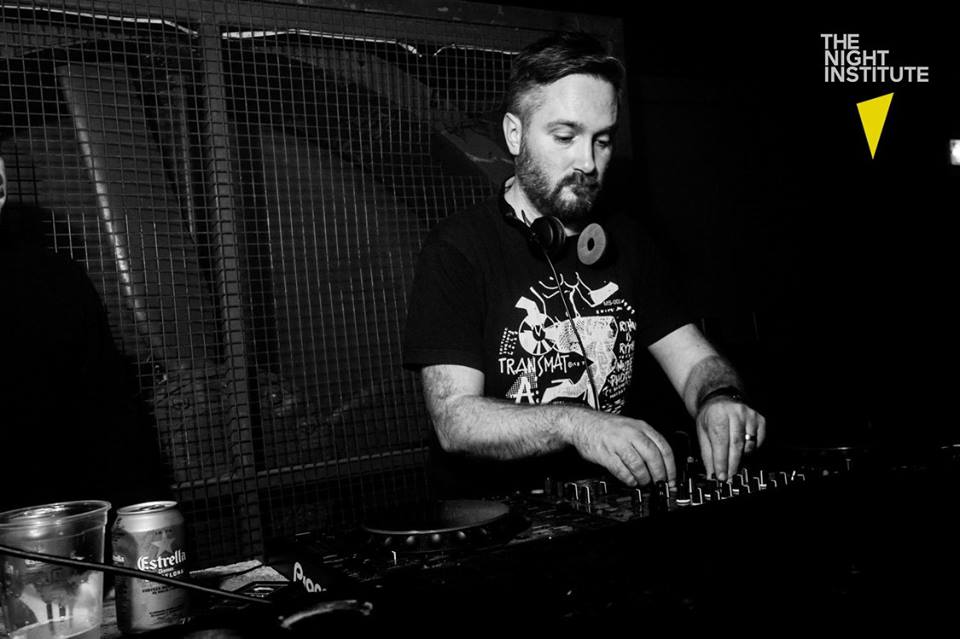
It was at those nights that Stewart learned the intricacies of what it was to be a DJ and how a well-curated party was supposed to run a particular, invaluable course. “The most lasting thing I took from that time was how Iain McCready & David Holmes programmed the music around the room filling up,” he explains.
“Their nights in particular had a definite start, middle and closing feel. You’d arrive to this dimly lit, smoke filled room with pulsing low-level dub heavy slower BPM music and by the end of the night be fist pumping to panel beating techno in a packed sweat drenched crowd amidst a blaze of light projections and wind machines. It gives me butterflies just thinking about how those nights unfolded around us.”
“As a DJ it made me realise you should have a certain range to your abilities and tailor them and your selections,” he adds. “Tension/sustain to what’s happening right in front of you. Stand out nights from memory are Scott Hardkiss (RIP), The Dust Bros live (Chemical Brothers), Twitch & Brainstorm, Andrew Weatherall, Bandulu Live, Stuart McMillan, The Advent live, Claude Young, Neil Landstrumm, Space DJz, Christian Vogel but the residents had a real knack of bringing their A game to be honest. I learned a lot from them.”
"Those nights created a real escapism from the backdrop of the time and contributed to lifelong friendships and bonds"
In the late ‘90s, Northern Ireland’s musical and artistic communities were being built in the shadow of The Troubles. Upon a backdrop of civil war and political turmoil, the determination and DIY spirit that coursed through the musical landscape is something that was reflected in the club scene Stewart found himself within, and it’s something the influence of which cannot be understated when it came to the breaking down of social barriers and tensions in the city.
“It was all very exciting and ground-breaking music and culture wise then,” he says. “Coupled with removing certain social barriers. I was very lucky to have been raised in a non-biased environment but I do remember as a teenager living in east Belfast prior to that era I didn’t really have any catholic friends my own age. That in itself shows the natural segregation that was happening in the city and suburbs. For some, those nights created a real escapism from the backdrop of the time and contributed to lifelong friendships and bonds. People got married and have kids together now from meeting there. It was a powerful landscape changing stuff, no doubt about that.”
Off the back of the Art College residency and the taxi depot afterparties, Stewart and fellow producer Glenn McCartney were given the chance to use David Holmes’ Exploding Plastic Studio at a slightly discounted cost, working under the revered producer and engineer’s mentoring eye.
“That was the basis for understanding about writing and arranging the music that we loved to play out,” Stewart says. “Glenn and I released our first efforts on the EPI & Nice N Nasty labels then started saving for and collecting hardware, eventually building our own studio in Glenn’s Mum’s attic.”
